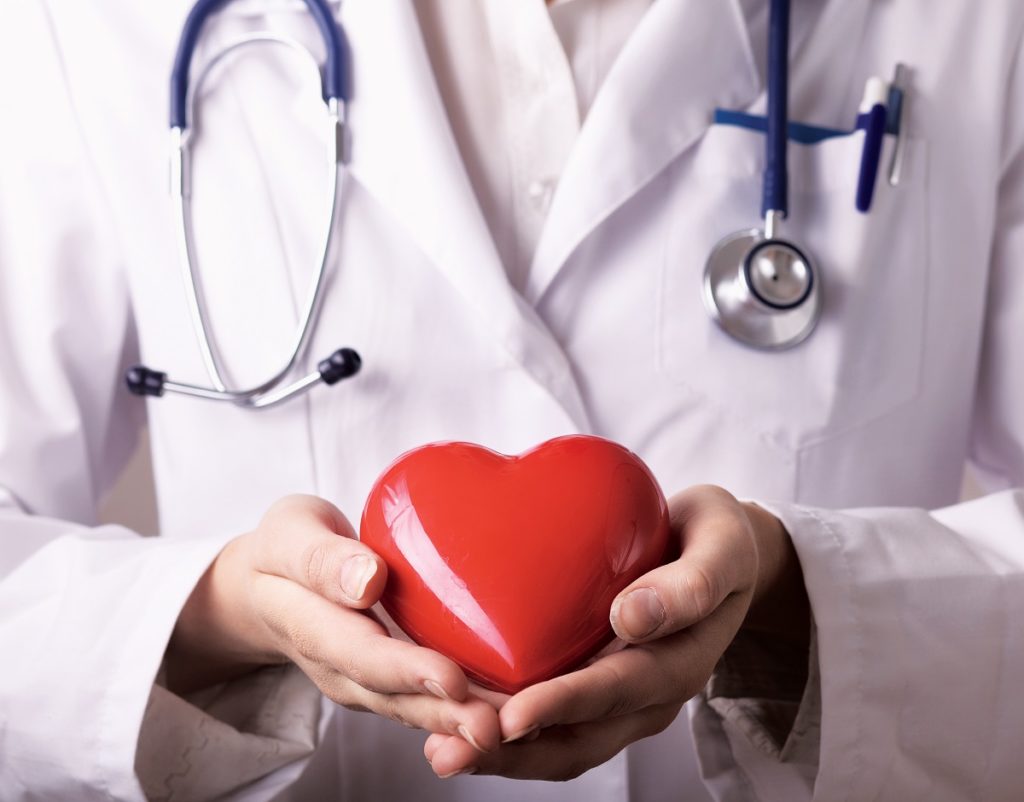You’re going about your daily chores, nothing too heavy when suddenly there’s a throbbing pain in your chest. You’ve been ignoring these episodes for maybe the last ten years. Don’t you think it’s time to see your cardiologist in Mt. Pleasant?
A heart attack comes like a thief in the night. One minute you’re feeling okay; the next minute you find yourself on the floor with what feels like an anvil on your chest. If you’re with other people, their quick action calling 911 may just save your life. If you’re alone, then the outcome may not be favorable.
Most people take the health of their hearts for granted, even though the heart is a major organ that drives power to the body. To better understand the heart, it’s important to know how it works and what affects it.
Knowing Heart by Heart
The heart is the primary organ responsible for pumping blood throughout the entire body via the circulatory system. The blood supplies oxygen and other nutrients to the tissues and removes carbon dioxide and other wastes.
It has four chambers, the atria or the two upper chambers, and the ventricles or the two lower chambers. Dividing these two sides—the ‘right heart’, which is composed of the right atrium and the right ventricle, and the ‘left heart’, composed of the left atrium and left ventricle—is a wall of muscle called the septum.
Heart Disease
When doctors talk about heart diseases, they are referring to a myriad of conditions that adversely affect your heart. These may include blood vessel diseases, such as coronary artery disease; arrhythmia (where the heart’s rhythm is affected); inborn heart defects (such as congenital heart disease); and dilated cardiomyopathy (heart disease symptoms caused by weak heart muscle), among others.
Cardiovascular Disease
 People often interchange the term ‘heart disease’ with ‘cardiovascular disease’. Cardiovascular disease is an umbrella term for a host of other diseases, such as heart and circulatory disease, which includes coronary heart disease, heart attack, angina, congenital heart disease, vascular dementia, hypertension, and stroke. A cardiovascular disease covers a wide range of conditions and could have an adverse effect on the body.
People often interchange the term ‘heart disease’ with ‘cardiovascular disease’. Cardiovascular disease is an umbrella term for a host of other diseases, such as heart and circulatory disease, which includes coronary heart disease, heart attack, angina, congenital heart disease, vascular dementia, hypertension, and stroke. A cardiovascular disease covers a wide range of conditions and could have an adverse effect on the body.
Causes of Cardiovascular Diseases
This mainly boils down to healthy lifestyle choices. People at risk of developing cardiovascular diseases are those who have hypertension, are smokers, do not get enough sleep, have high blood cholesterol, diabetics, consume diets that are high in fat and carbohydrates, and do not exercise regularly.
Your Cardiologist is Waiting
Don’t wait until you’ve experienced crushing chest pain before visiting your cardiologist. It is recommended to see your cardiologist if:
- cardiovascular disease runs in the family
- you have high cholesterol levels
- you have high-blood pressure
- you are diabetic
- you are or were a smoker
- you had a difficult pregnancy
- you are starting a new exercise program
- are suffering from gum disease
The old adage applies: an ounce of prevention is better than a pound of cure. The good news is cardiovascular diseases are preventable. As early as now, start addressing the risk factors by eating healthy, reducing the consumption of alcohol, quitting smoking, and exercising regularly.





